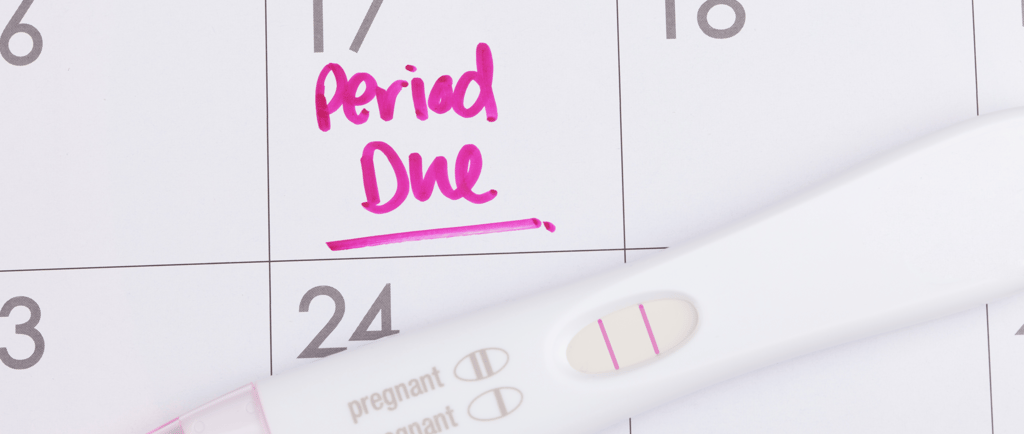Confirmed Ovulation But No Pregnancy? What’s Going On, and What You Can Do Next
3 min read


You’ve tracked your cycle, confirmed ovulation, timed intercourse perfectly—and still, the pregnancy test is negative.
Month after month, it can feel like you’re doing everything right, and yet, nothing is happening. It’s frustrating, confusing, and emotionally draining. You might even be wondering: If I’m ovulating, what’s the problem?
You're not alone. Ovulating is a good sign—but it's only one piece of the fertility puzzle. Let's unpack what might be going on and what your next step could look like.
First, Ovulation Is Essential—But Not Everything
Ovulation means your body is releasing an egg—check! But for pregnancy to happen, several other factors need to line up:
Sperm must be present and healthy
The egg and sperm must meet in the fallopian tube
Fertilisation needs to occur
The resulting embryo must travel and implant in the uterus
Hormones must support implantation and early pregnancy
So, yes—ovulating is a green light. But if pregnancy isn’t happening despite confirmed ovulation, it’s time to gently explore the rest of the equation.
6 Common Reasons You’re Ovulating But Not Pregnant
1. Timing May Be Slightly Off
Even with ovulation confirmed, sperm needs to be present before ovulation or very soon after. The fertile window is small—about 5 days before ovulation through ovulation day itself.
Tip: Have sex every other day in your fertile window—not just on ovulation day.
2. Egg or Sperm Quality May Be a Factor
Even with ovulation, the egg released might not be mature or viable. Similarly, sperm may have low motility or morphology, affecting fertilization.
3. Issues With the Uterus or Tubes
Blocked fallopian tubes, fibroids, or polyps can prevent sperm and egg from meeting or embryo implantation from occurring.
4. Luteal Phase Issues
After ovulation, the luteal phase supports implantation through progesterone production. If it's too short or progesterone is too low, pregnancy might not stick.
5. Unexplained or Subtle Hormonal Imbalances
Conditions like subclinical hypothyroidism or mild PCOS can disrupt the fine hormonal balance needed for conception—even when you're ovulating.
6. Stress and Inflammation
Chronic stress, poor sleep, or high inflammation can affect implantation or embryo development. Your body prioritises survival over reproduction when under pressure.
When to Seek Support
If you've been trying for 6 months (if over 35) or 12 months (under 35) with no success despite confirmed ovulation, it’s worth getting a full fertility workup. That includes:
Bloodwork (AMH, progesterone, thyroid)
Ultrasounds
Partner semen analysis
Possible HSG (to check fallopian tubes)
It’s not about blame—it’s about clarity.
FAQ
Can I be ovulating but still infertile?
Yes. Ovulation is one piece of the puzzle. Issues with sperm, egg quality, uterus, or hormones can also affect fertility.
Should I see a doctor even if I know I’m ovulating?
Yes—especially if it’s been 6–12 months of trying. A full workup gives you a clearer picture.
Can stress stop implantation?
While stress alone doesn’t cause infertility, it can disrupt hormone balance and inflammation levels that affect implantation.
Final Thoughts
Ovulating is a great sign, but it’s just one part of the story. If conception isn’t happening, it doesn’t mean something’s wrong, it just means it’s time to look deeper. Knowing what to check (and what not to stress about) is a powerful step forward.
👉 Inside our Fertility 101 course, we walk you through the full conception puzzle—from hormone balance to egg health and everything in between.
You deserve clear answers, not guesswork—and we’re here to help you find them.
You don’t have to figure this alone
Inside fertie, you’ll get:
Expert-led courses to make informed decisions
Private support from women on the same path
Exclusive partner clinic perks & discounts
Disclaimer: Prices and treatment protocols vary by clinic and individual. Always consult with your fertility specialist for accurate, up-to-date pricing and guidance tailored to your situation.
© 2025. All rights reserved.
Cookie Policy

We are committed to educating and empowering women to take control of their fertility and to live life on their own terms.
FOLLOW US ON
RESOURCES
CONTACT US
